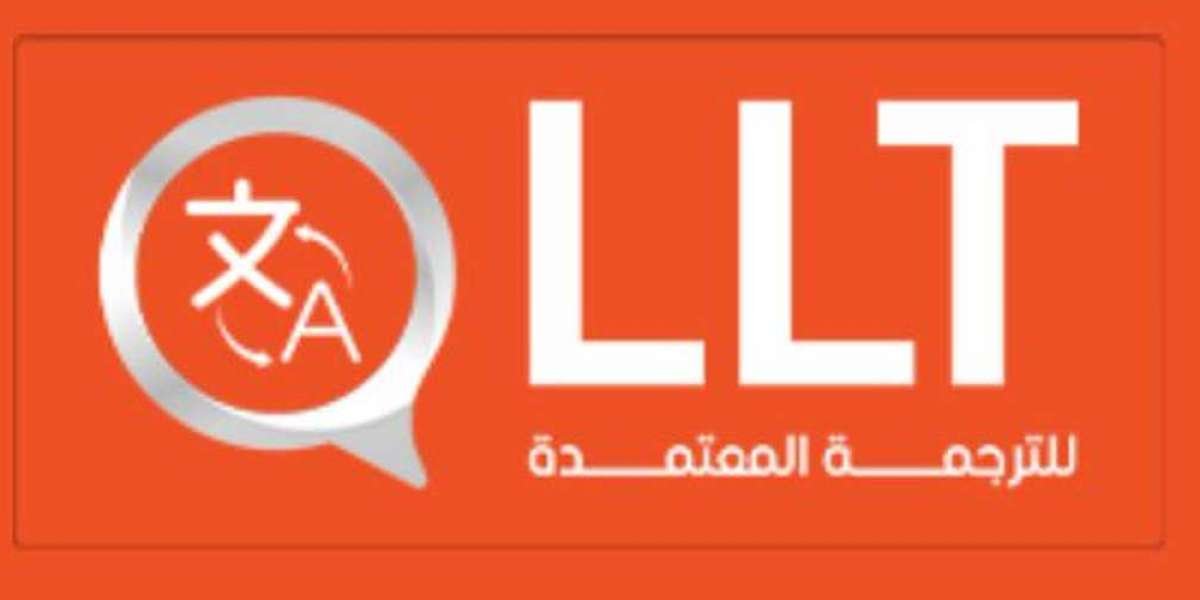Certified Translation in the Medical Field: Ensuring Accurate and Ethical Healthcare Delivery
In the complex and ever-evolving world of healthcare, accurate communication is paramount. This is where certified translation plays a crucial role, ensuring clear and precise understanding across languages to safeguard patient safety and well-being.
Here's how certified translation empowers healthcare professionals and patients alike:
1. Accurate Diagnosis and Treatment:
- Medical records, diagnoses, treatment plans, and informed consent forms all require precise translation to ensure correct understanding and proper medical care.
- Certified translations guarantee the accuracy of critical medical information, minimizing the risk of misdiagnosis, incorrect treatment, and adverse reactions to medication.
2. Enhanced Patient-Provider Communication:
- Effective communication between patients and healthcare providers, regardless of their language background, is essential for building trust and ensuring adherence to treatment plans.
- Certified translations facilitate open and honest communication, enabling patients to understand their diagnoses, treatment options, and potential risks involved.
You can check it out:
3. Facilitating Clinical Research and Collaboration:
- Sharing medical research findings and collaborating with international colleagues requires accurate translation of research papers, clinical trial data, and other scientific documents.
- Certified translations ensure the integrity and reliability of research data, paving the way for breakthroughs in medical knowledge and improved patient care worldwide.
Follow us:
4. Promoting Patient Safty and Compliance:
- Pharmaceutical packaging labels, medical equipment instructions, and public health information require precise translation to ensure patient safety and promote effective treatment.
- Certified translations ensure clear communication of potential risks, side effects, and proper usage instructions, minimizing the risk of medication errors and ensuring patient safety.
5. Ethical Considerations:
- Medical information is highly sensitive, and accurate translation is crucial to upholding ethical standards and respecting patient confidentiality.
- Certified translators are bound by ethical codes of conduct, ensuring the privacy and security of sensitive medical data.
In conclusion, certified translation is an indispensable tool in the medical field. It promotes accurate diagnosis and treatment, facilitates patient-provider communication, enables international collaboration, and ensures patient safety. As the healthcare landscape continues to evolve and become increasingly globalized, the demand for certified medical translation services is expected to rise, making it a vital field with significant future potential.



